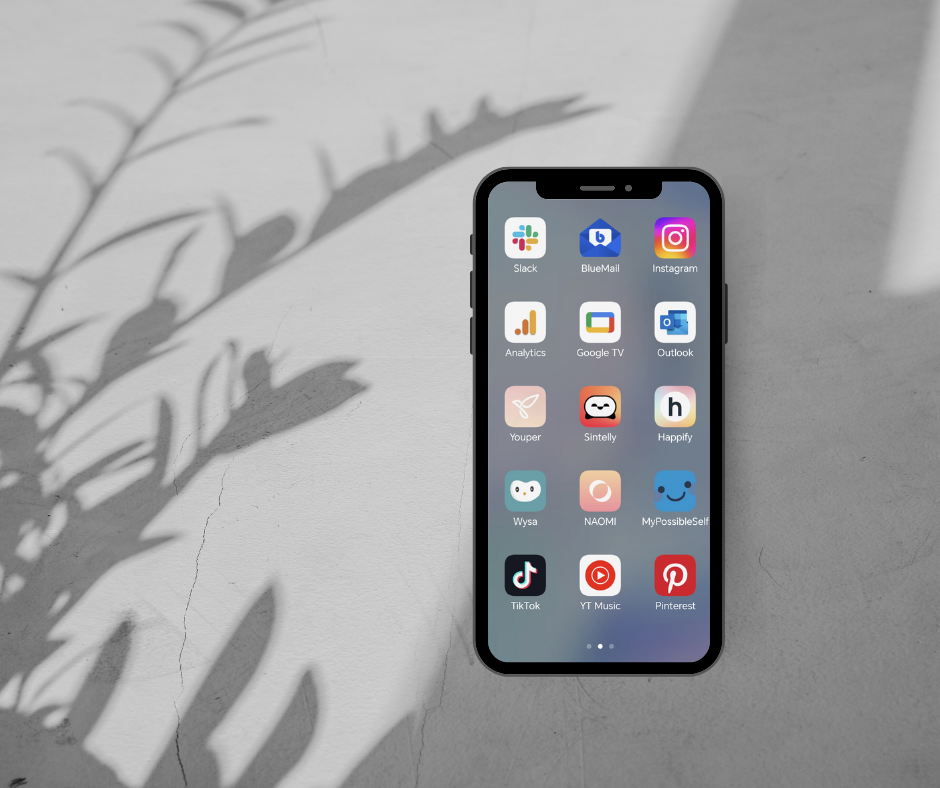Last Updated on November 29, 2023
In an era where technology permeates every aspect of our lives, mental health support has found a new ally in virtual assistants. These digital companions offer a unique avenue for promoting general wellbeing, providing counseling, and facilitating therapy. In this article, we explore the benefits of utilizing mental health virtual assistants and offer practical tips for optimizing their use to enhance overall mental health.
Understanding Mental Health Virtual Assistants
Mental health virtual assistants, often referred to as chatbots for mental health, are AI-driven tools designed to provide support, guidance, and resources for individuals seeking assistance with their mental health. They offer a range of services, from personalized counseling sessions to daily check-ins and access to informational resources. They serve as a bridge between individuals and professional mental health services, providing a variety of supportive functions.
The Role of Chatbots for Mental Health in Guidance and Counseling
Chatbots for mental health play a crucial role in offering guidance and counseling. These AI-driven conversational agents provide an immediate and safe space for individuals to express their thoughts, emotions, and concerns. Their around the clock availability ensures that individuals can receive prompt responses and coping strategies whenever needed.
1. Immediate Accessibility
As previously mentioned, one of the main advantages of chatbots is their availability 24/7. In moments of distress or when in need of immediate guidance, individuals can engage with these virtual agents, receiving prompt responses and coping strategies, regardless of the time of day.
2. Anonymous Support
For many individuals, the fear of stigma or judgment can be a barrier to seeking help. Chatbots for mental health offer an anonymous space where users can freely discuss their feelings without the fear of being identified. This anonymity encourages openness and honesty, fostering a conducive environment for seeking guidance.
3. Skill-building and Coping Mechanisms
Mental health virtual assistants are equipped with a repository of coping mechanisms, relaxation techniques, and skill-building exercises. They provide users with practical tools to manage stress, anxiety, and other mental health challenges on a day-to-day basis.
4. Complementary Support to Professional Counseling
While chatbots for mental health and wellbeing cannot replace the nuanced guidance provided by trained therapists, they complement professional counseling by offering continuous support between sessions. Individuals can reinforce the techniques learned during therapy, practice self-reflection, and receive additional guidance through these platforms.

The Role of Virtual Assistants for Mental Health Therapists
Virtual assistants for mental health therapists offer a range of benefits that enhance the therapeutic process. These assistants help therapists with administrative tasks, provide access to extensive resources, and enable remote communication between therapists and clients..
1. Administrative Support
Virtual assistants can assist therapists with administrative tasks, such as scheduling appointments, sending reminders, and organizing client information. This automation allows therapists to allocate more time and focus on their clients’ actual therapeutic needs.
2. Personalized Resources
Mental health virtual assistants provide therapists with access to a vast array of resources, including research articles, therapy techniques, and treatment plans. This wealth of information supports therapists in staying updated with the latest developments in the field and tailoring treatment approaches to meet individual client needs.
3. Data Analysis and Insights
These assistants often come equipped with analytical capabilities that can assist therapists in tracking client progress and identifying patterns in behavior or emotions. By analyzing this data, therapists can gain deeper insights into their clients’ journeys and make informed decisions regarding treatment strategies.
4, Remote Support and Follow-Ups
Virtual assistants for mental health therapists facilitate remote communication, enabling follow-up sessions, progress checks, and interventions between in-person appointments. This feature is particularly beneficial for clients in remote locations or those who have difficulty attending regular sessions.
5. Enhanced Client Engagement
Through interactive exercises, reminders for therapeutic homework, and personalized messages, mental health virtual assistants help sustain client engagement between therapy sessions. This continuous support fosters a sense of accountability and encourages clients to actively participate in their healing process.

Tips for Utilizing Mental Health Virtual Assistants:
- Establish Clear Objectives: Before engaging with a mental health virtual assistant, define your goals and expectations. Whether it’s managing stress, improving sleep, or seeking counseling, having a clear purpose will help tailor the assistant’s support to your needs.
- Regular Check-Ins: Make it a habit to engage with your chatbot for mental health on a regular basis. Daily check-ins can help track mood changes, provide coping strategies, and offer timely interventions when necessary.
- Utilize Available Resources: Most mental health virtual assistants offer a repository of articles, exercises, and coping mechanisms. Take advantage of these resources to supplement your mental health journey between counseling sessions.
- Feedback and Adjustment: Provide feedback on the assistant’s effectiveness. This helps fine-tune the support provided, ensuring it aligns better with your preferences and needs.
The Supportive Role of Virtual Assistants in Therapy and Counseling
While they cannot replace the expertise and empathy of human therapists, mental health virtual assistants serve as valuable complements to traditional counseling or therapy sessions. These assistants function as a continuous support system, bridging the gaps between appointments and providing tools for self-reflection and skill reinforcement.
Innovatively designed, these chatbots for mental health contribute significantly to enhancing overall mental wellbeing of their users. Their seamless integration into daily routines allows individuals to access ongoing guidance, resources, and consistent support. When used in conjunction with professional counseling or therapy, these assistants become invaluable companions on the path toward enhanced mental health.
It’s essential to recognize that while virtual assistants offer significant support, they are not substitutes for professional medical advice or treatment. Individuals facing severe distress or struggling with mental health issues should seek assistance from qualified mental health professionals for comprehensive care and guidance.








